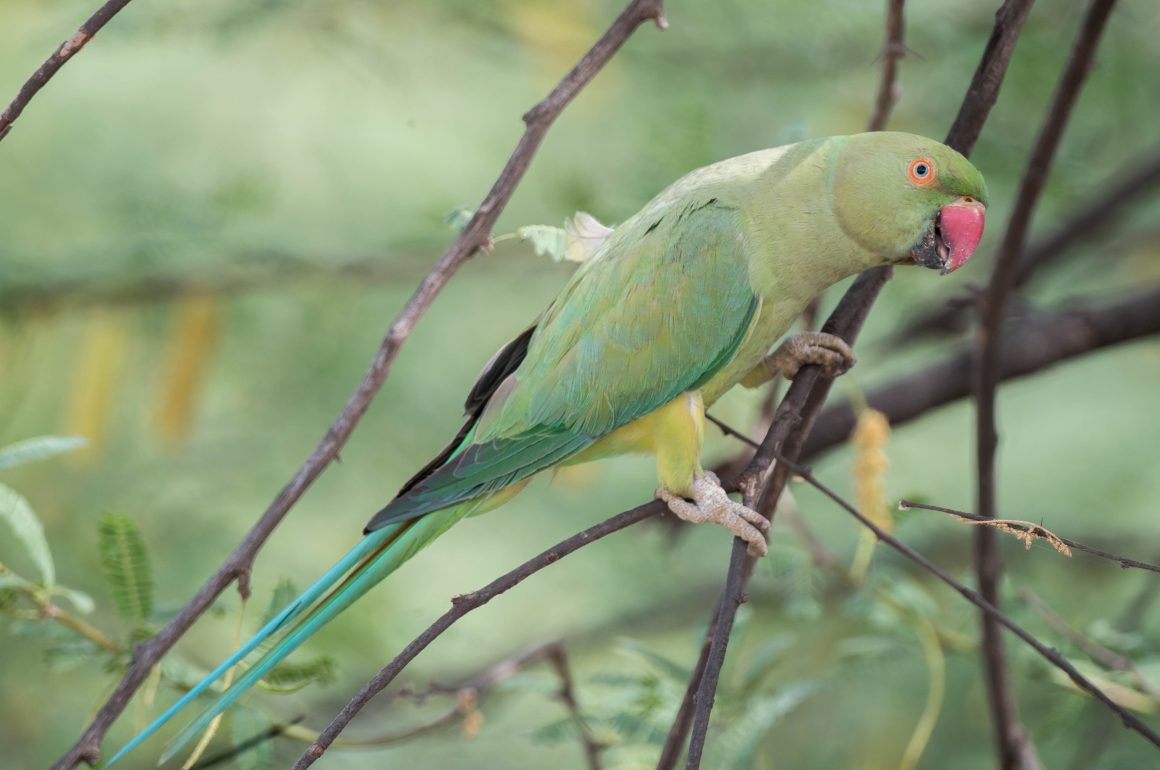
There is indeed some scientific research, as well as anecdotal evidence, that some birds seek out addictive substances – but it is quite limited.
One example is that of Rose-ringed Parakeets damaging opium fields in India. The farmers who are licensed to grow opium for medical purposes complain that swarms of the parakeets create huge losses for them and sometimes fly away with whole poppy flowers. The BBC, in a post titled “India: Opium-addicted parrots ‘wreak havoc’ for farmers“, cites an opium expert stating that the opium gives the birds instant energy, and that once they get to this, they fall prey to addiction. According to the Daily Mail, “the parrots have become so addicted that the farmers say they must be on near-constant alert to stop the birds eating the seeds and getting high”. Admittedly, the Daily Mail is not exactly a highly regarded scientific journal, as also indicated by the article headline “Polly wants crack”.
Many birds regularly consume small amounts of alcohol, as part of the sugar in their diet may ferment. Hummingbirds are an example (source). However, this obviously does not, on its own, indicate any addiction.
Another paper looked at the species and circumstances under which birds drink alcohol, analyzing scientific papers and YouTube videos. It concludes that many species drink alcohol, but that most of the alcohol is provided by humans rather than by nature. Human-provided alcohol consumption is mainly found in two intelligent bird families, parrots and corvids. But again, this paper does not indicate addiction.
Indeed, there are indications that birds avoid fruit with high alcohol concentration – a very reasonable move, given the higher risk of accidents when intoxicated (yes, that applies to birds as well). For example, one researcher hypothesizes that older waxwings can detect and avoid alcohol, based on the finding that only young waxwings died from injuries after intoxication-induced accidents (source).
The high risk of alcohol consumption for birds therefore seems to make it unlikely that birds can become addicted to alcohol – any such addiction would certainly be quickly weeded out by evolution. But then again, shouldn’t the same apply to humans?
Cover photo: Rose-ringed Parakeet, Delhi area, April 2019







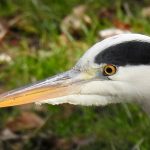
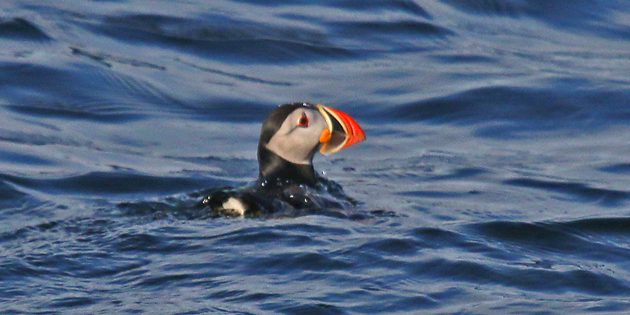


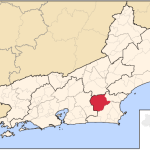
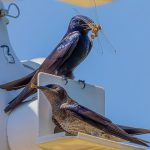
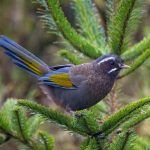
There may be evolutionary pressures in favour of alcohol for humans: beer goggles for example. I looked up the Darwin Awards – very reliable source of information on selective pressures in humans. The 1999 Darwin Award Winner [start quote] …drinking oneself to death need not be a long lingering process. Allan, a 33-year-old computer technician, showed his competitive spirit by dying of competitive spirits. A Sydney, Australia hotel bar held a drinking competition, known as Feral Friday, with a 100-minute time limit and a sliding point scale ranging from 1 point for beer to 8 points for hard liquor. Allan stood and cheered his winning total of 236, (winners never quit!) which had also netted him the literally staggering blood alcohol level of .353 grams of alcohol per 100 ml of blood, 7 times greater than Australia’s legal driving limit of 0.05%. After several trips to the usual temple of overindulgence, the bathroom, Allan was helped back to his workplace to sleep it off, a condition that became permanent. A forensic pharmacologist estimated that after downing 34 beers, 4 bourbons, and 17 shots of tequila within 1 hour and 40 minutes, his blood alcohol level would have been 0.41 to 0.43%, but Allan had vomited several times after the drinking stopped. The cost paid by Allan was much higher than that of the hotel, which was fined the equivalent of $13,100 US dollars for not intervening. It is not known whether Allan required any further embalming. [end quote]